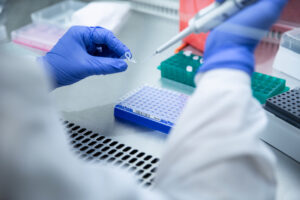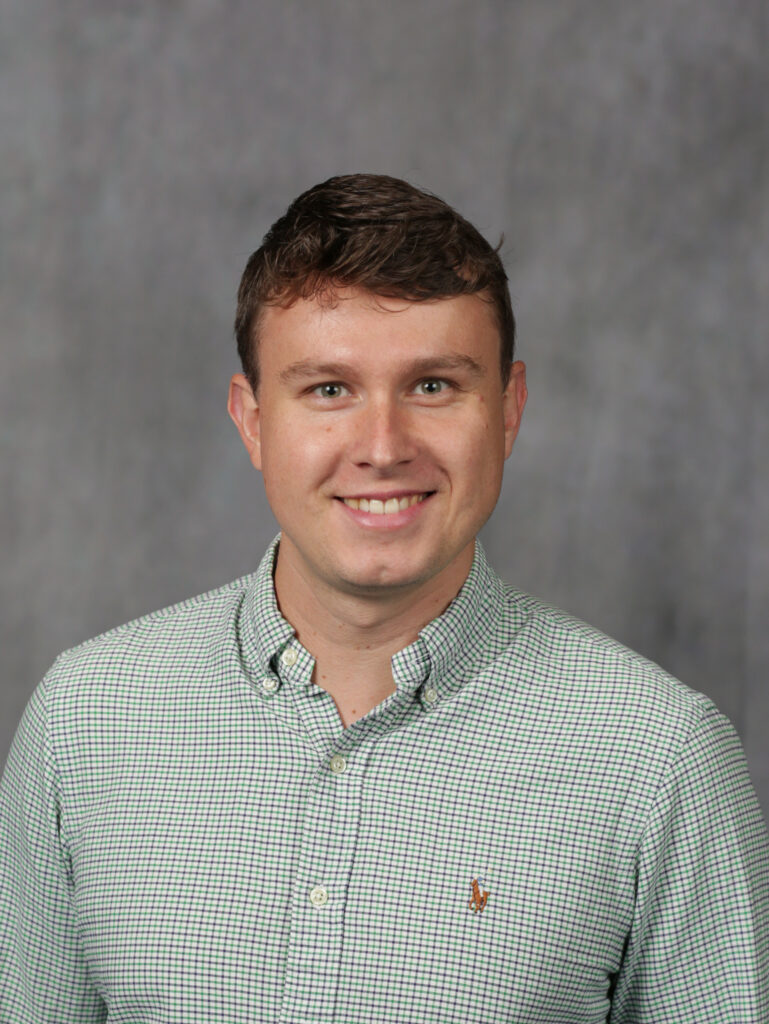Student spotlight: Maisha Chaudery
Nutrition
Maisha Chaudery is a first-year PhD student at the University of Southampton working with Professor Karen Lillycrop on the effect of diet on muscle ageing. Maisha’s PhD is part-funded by Rank Prize through the Nutrition Committee PhD grant.
We spoke to Maisha about what it’s like to do a PhD in public health and why it’s so rewarding.
Rank Prize (RP): What inspired you to apply for a PhD with Professor Karen Lillycrop at Southampton?
Maisha Chaudery (MC): I had studied an MRes course with Professor Karen Lillycrop using human muscle cells to research ageing and found the work really interesting. I wanted to carry on studying as I enjoyed the course and topic, and I already had an insight into what I would be doing. The work is exciting as it’s contributing to cutting-edge research to improve well-being in old age, specifically muscle ageing which has a huge impact on quality of life as we grow older.

A PhD is very intellectually challenging and you are learning new things every day.”
Maisha Chaudhery PhD student, University of Southampton
RP: What are you hoping to find out in your research?
MC: My research is focusing on whether vitamin B3 metabolites can improve the health and function of aged muscles. Sarcopenia is the disease state of muscle and affects primarily people aged 75 and above. These people have a reduced quality of life since they are weaker and frailer making them prone to falls and fractures. With an ageing population, the prevalence of this is expected to increase and there are currently no treatments.
Vitamin B3 is also known as niacin and this is a precursor of NAD, a molecule which has many important roles primarily in producing ATP energy in our cells. As we age, NAD decreases which affects our muscle as less energy is being produced. Therefore, I am hoping to find out how niacin can ameliorate this deficit which can then be used as a target to develop interventions and allow doctors to better inform patients on nutritional recommendations.
RP: What have been some of the most challenging parts of starting your PhD?
MC: The most challenging part of the PhD so far is definitely experiment planning as there is so much to consider: trying to work out what reagents and compounds you need while working out what experiments you want to do and the timeline you’re going to do them in. There is also a lot of background reading you need to do too. You need to know what experiments have been done previously, on what cell type, the concentration of the compounds they used, and where they got it from. All these aspects are important to plan a good experiment.
RP: And the most exciting parts?
MC: The exciting part of doing a PhD is knowing that your research is contributing to work which can help find cures and treatments for a disease that will improve the quality of life of many people. It is extremely rewarding knowing what you are doing can make a difference to public health.

It is extremely rewarding knowing what you are doing can make a difference to public health.”
Maisha Chaudhery PhD student, University of Southampton
RP: What advice would you give to someone considering applying for a PhD in nutrition?
MC: If you want to study a PhD in nutrition, definitely get into contact with potential supervisors and see whether what you’re interested in is something they already do or can incorporate in their research focus. It is really important to show your passion and willingness to learn as a PhD is very intellectually challenging and you are constantly learning new things every day.
RP: We know you’ve only just started your PhD, but what do you currently hope to do once you’ve finished?
MC: Once I have completed my PhD, I am hoping to stay in the research field whether that’s being a post-doctoral researcher or moving into industry. I find medical research to be mentally stimulating as well as rewarding which I think is important to find in a career. I also quite like having variation in my days, going from being in the lab, to writing, planning experiments, and analysing data. It helps keep the day interesting and enjoyable.
The new John Selborne PhD grant is launching in 2023. The grant will be awarded in the field of optoelectronics in 2023 and nutrition in 2024. Further information will be coming shortly.





